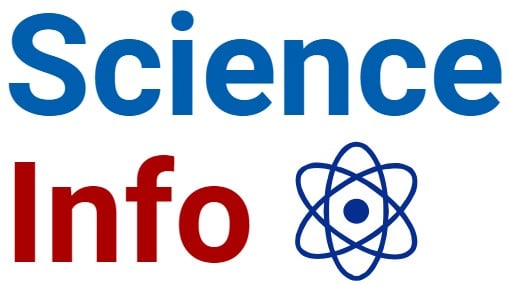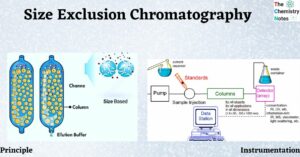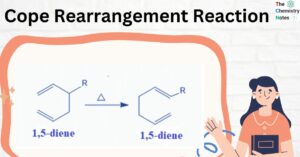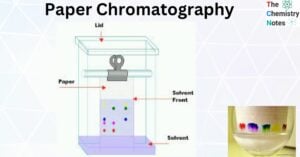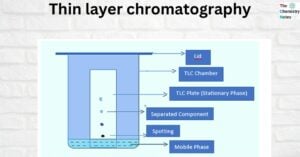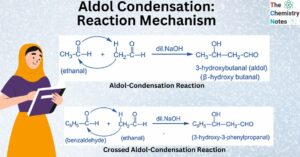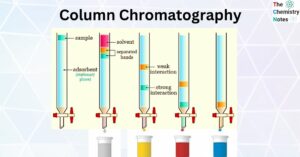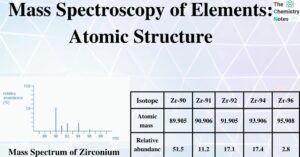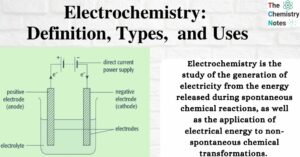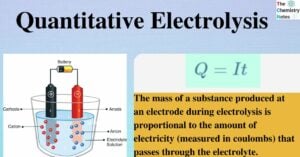Size Exclusion Chromatography: Principle, Instrumentation, Applications
The size-exclusion chromatography (SEC) method, also known as gel-filtration chromatography, separates biological molecules based on their molecular size. It is not an adsorption technique in comparison to other chromatographic techniques. Size exclusion chromatography is a technique that separates compounds based … Read more
